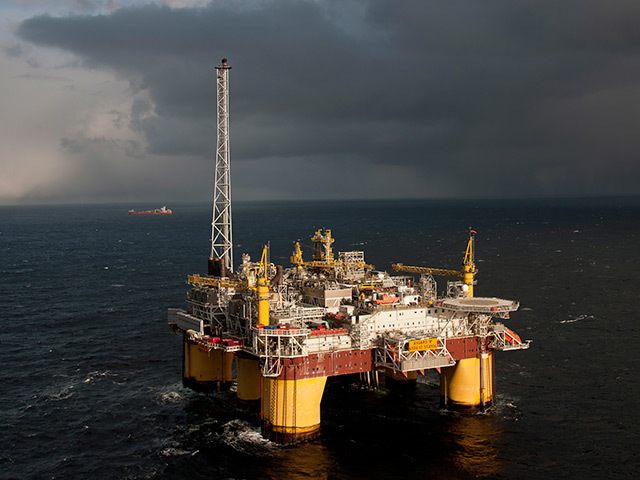
Oil giant, Statoil, will look to establish a new onshore integrated operations centre (IOC) to enhance safety measures in the Norwegian continental shelf (NCS).
Planned for 2018, the company stated that the new centre will help increase safety, add value and reduce emissions within their offshore installations on the NCS.
Statoil also believe that the new IOC will increase production efficiency and, through their ten year plan for the development, will increase production overall to the tune of around £9.2billion.
Eldar Sætre, Statoil’s chief executive officer, said: “The establishment of the centre contributes strongly to our ambition of being a global digital leader. It will enable us to optimise production and better predict support needs, ensuring optimally efficient and safe operations from our operated fields. The centre will be essential to progressing the good improvement work on the NCS, and capturing additional value for Statoil, our partners and society,” says Statoil’s chief executive officer.
“The centre may also improve sharing of knowledge in our organisation and further improve our collaboration with our suppliers and partners.”
No location has been set at this stage in the project, but the centre will integrate Statoil’s current production support centres and condition monitoring centres, currently based in various parts of Norway.
While the centre will be initially set up to service offshore work the IOC may in the future service Statoil’s onshore plants and international offshore platforms.
Kjetil Hove, Statoil’s senior vice president for operations technology on the NCS, said: “The IOC establishment will build on existing condition monitoring and specialist centres. The integrated operations centre will take a more proactive approach by gathering inter-disciplinary resources that may utilise extended data integration, visualisation, analysis and new technology, supporting our installations on the NCS to an even greater extent than now.
“When the centre is established next year the Åsgard field in the Norwegian Sea and Grane and Gina Krog in the North Sea will be the first fields getting support from the centre. New fields and installations will gradually be integrated, allowing time for learning and adjustment to new work processes.”
Recommended for you
